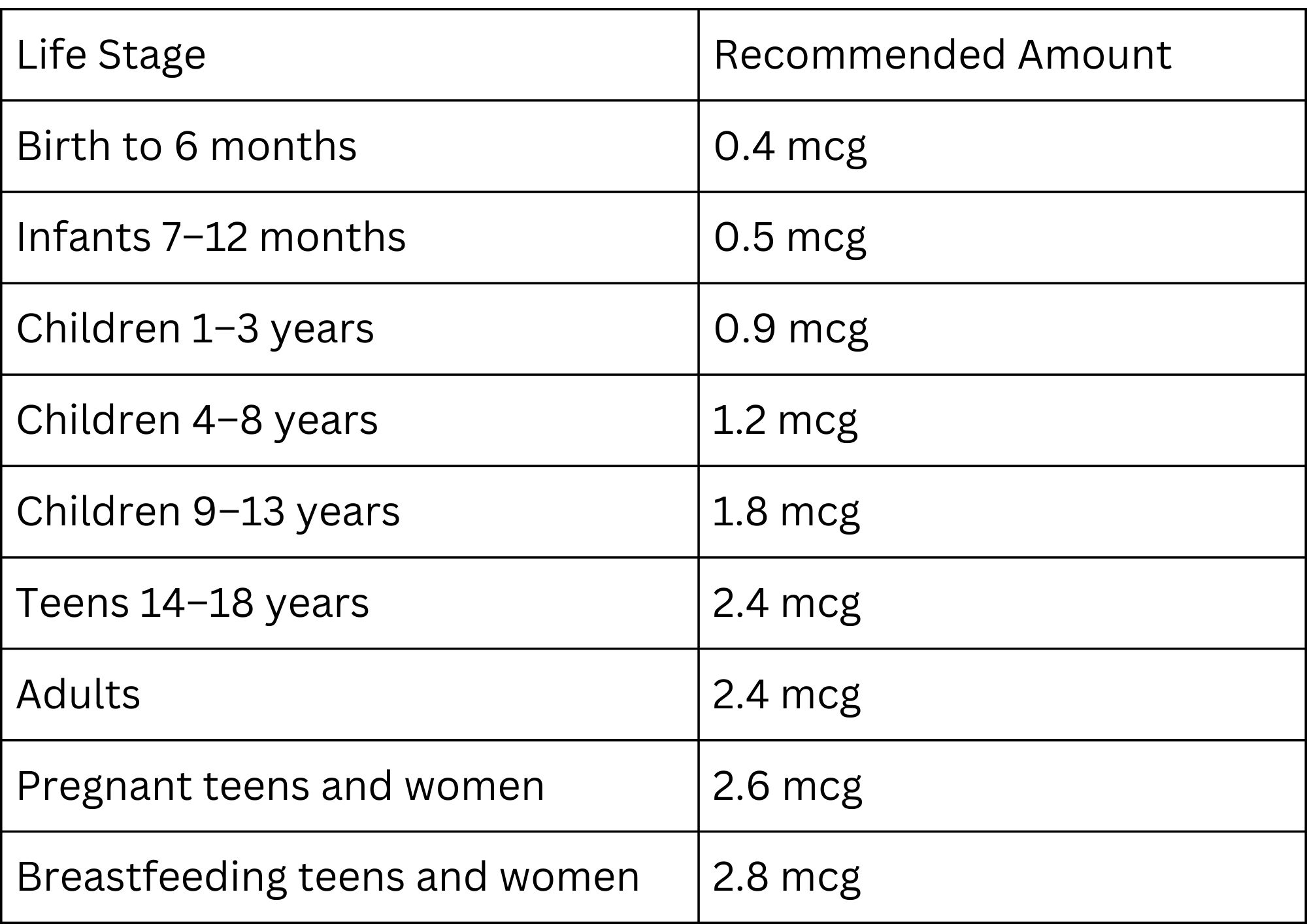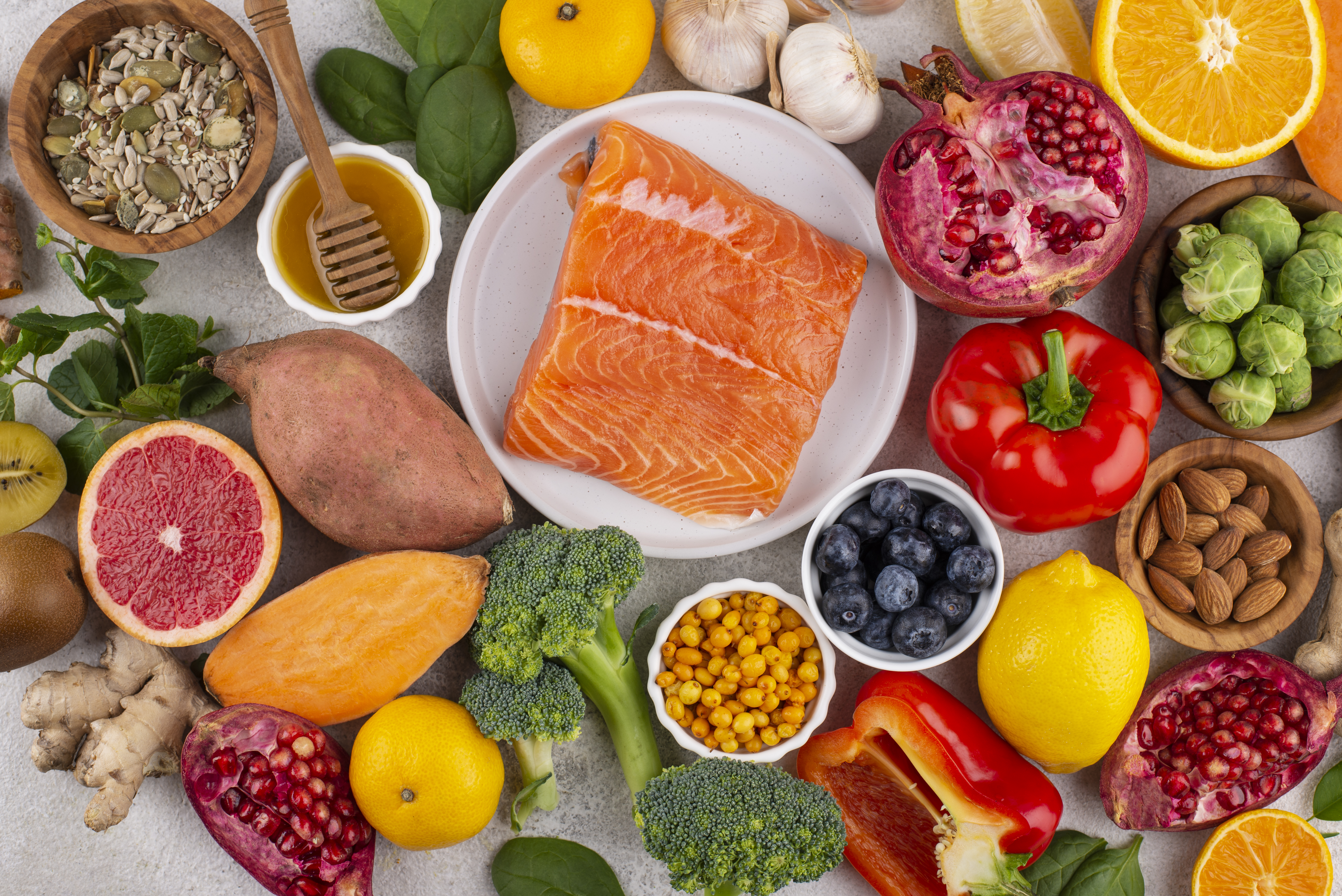Vitamin B12 deficiency, once considered rare, is increasingly being diagnosed across diverse age groups and demographics worldwide. This essential vitamin, crucial for nerve health, DNA production, and red blood cell formation, is often overlooked, which leads to a range of health complications when deficient. According to a recent research Dietary deficiency of vitamin B12 due to vegetarianism is increasing and causes hyperhomocysteinemia.
What is Vitamin B12 deficiency?
Vitamin B12, or cobalamin, is a water-soluble vitamin predominantly found in animal-based foods such as meat, fish, eggs, and dairy. It plays a vital role in maintaining neurological function and the production of healthy red blood cells. A deficiency arises when intake is inadequate, absorption is impaired, or in conditions where the body's demand for the vitamin increases.
"Vitamin B12 deficiency is a type of deficiency that occurs when your body does not get sufficient amounts of Vitamin B12. It is one of the essential vitamins that is necessary. This deficiency can be caused due to various factors such as eating a diet that is poor in vitamin B12, absorption issues, or medical conditions like pernicious anemia," says DR Manjusha Agarwal, Senior Consultant Internal Medicine, Gleneagles Hospital in Mumbai. Dr. Aniket Mule, Consultant Internal Medicine at Wockhardt Hospitals in Mumbai, says that Vitamin B12 deficiency has become common. "If not managed at the right time, Vitamin B12 deficiency can lead to serious consequences."
How much Vitamin B12 one needs?
The amount of vitamin B12 you need each day depends on your age. Average daily recommended amounts for age groups is given below.

Who is at eisk?
According to Dr. Agarwal several factors contribute to B12 deficiency. "Those who follow strict diets particularly, vegan without any type of supplements or fortified foods are more likely to experience this deficiency," he says. Dr. Mule agrees that the causes of Vitamin B12 deficiency are seen due to lack of dietary intake, "It can also result from anemia, gastrointestinal disorders, or the long-term use of certain medications."
Some of the other factors that the experts point out are:
- Dietary choices: The rise of vegetarianism and veganism has led to a greater risk of deficiency, as plant-based foods do not naturally contain B12.
- Age: Older adults often struggle with B12 absorption due to decreased stomach acid production.
- Medical conditions: Chronic conditions such as Crohn’s disease, celiac disease, and pernicious anemia can interfere with B12 absorption.
- Medications: Long-term use of medications like metformin (for diabetes) and proton pump inhibitors (for acid reflux) may hinder B12 absorption.
“We’re seeing more young adults and even teenagers presenting with symptoms related to B12 deficiency, primarily due to restrictive diets or poor nutrition,” says Dr. Mule.
Symptoms to watch for
The symptoms of B12 deficiency can vary widely and may develop slowly over time. According to Dr. Agarwal, the symptoms can include fatigue, weakness, numbness in hands and feet, difficulty concentrating, and pale or yellowish skin. "If these symptoms are neglected or left untreated it can worsen over time, while significantly increasing the risk of various complications like nerve damage, memory loss, and mental health conditions like depression," he warns. If left unchecked, Dr Mule says untreated B12 deficiency may also increase the risk of cardiovascular problems.

Common signs include:
- Persistent fatigue
- Weakness
- Numbness or tingling in hands and feet
- Memory problems or difficulty concentrating
- Mood changes, including depression and irritability
- Pale or jaundiced skin
Foods that are high in Vitamin B12
Animal-Based Foods like Shellfish, Clams, mussels, and oysters, meat, chicken, eggs, and dairy products like milk, cheese, and yogurt are primary source of Vitamin B12. Additionally, fortified foods like plant-based milk (soy, almond, oat), breakfast cereals labeled as B12-fortified, and nutritional yeast with added B12 are recommended for vegetarians as a strong source of B12.
"However, in case if you are unable to get enough B12 from your dietary choices, you can take vitamin supplements. Your doctor may suggest some supplements such as tablets or B12 injections according to your body’s needs," says Dr. Agarwal. While there are over-the-counter B12 supplements available, Dr. Mule suggests to consult an expert before starting any kind of supplements.

How do you know if you are getting enough Vitamin B12?
Most people in India obtain vitamin B12 through the food they eat. However, some individuals face challenges in absorbing vitamin B12. The absorption process involves two steps: first, hydrochloric acid in the stomach separates vitamin B12 from the protein it’s attached to. Then, the free vitamin B12 binds with a stomach-produced protein called intrinsic factor, allowing the body to absorb it.
Vitamin B12 from dietary supplements is not attached to protein, so it bypasses the first step. However, it still requires intrinsic factor for absorption.
People with pernicious anemia, an autoimmune condition, cannot produce intrinsic factor, making it difficult for them to absorb vitamin B12 from both food and supplements. This condition is often treated with vitamin B12 injections or, in some cases, high oral doses of the vitamin.
Vitamin B12 deficiency affects between 3% and 43% of older adults. A simple test can determine if you have a deficiency. Several groups are at higher risk of vitamin B12 deficiency or absorption issues:
Many have reduced levels of hydrochloric acid, making it difficult to extract vitamin B12 from food. People over 50 are advised to rely on fortified foods or supplements for their vitamin B12 intake.
This autoimmune condition results in low production of hydrochloric acid and intrinsic factor, reducing vitamin B12 absorption.
People with this condition lack intrinsic factor and require treatment, often through B12 injections or high-dose supplements.
Procedures like weight-loss surgery or the removal of part or all of the stomach can impair the production of hydrochloric acid and intrinsic factor.
Conditions like celiac disease and Crohn’s disease may interfere with vitamin B12 absorption.
Since vitamin B12 occurs naturally only in animal products, individuals following plant-based diets may not get enough of it. Pregnant and breastfeeding women who are strict vegetarians or vegans may also risk vitamin B12 deficiency in their babies.
If you belong to any of these groups, consult your doctor to ensure you are meeting your vitamin B12 needs.

Preventive measures
As they say, "Prevention is always better than cure". Here’s what experts recommend:
- Balanced diet: Include B12-rich foods such as meat, fish, eggs, and dairy. For vegetarians and vegans, fortified cereals, plant-based milks, and nutritional yeast are excellent sources.
- Regular screening: Especially for high-risk groups such as older adults, individuals with chronic conditions, and those on restrictive diets.
- Supplementation: Consider B12 supplements, particularly if dietary intake is inadequate or absorption issues are present.
“Awareness is the first step,” emphasises Dr. Agarwal. “It is better to take charge of your health and ensure to keep the vitamin B 12 in the recommended range."
Read More:



